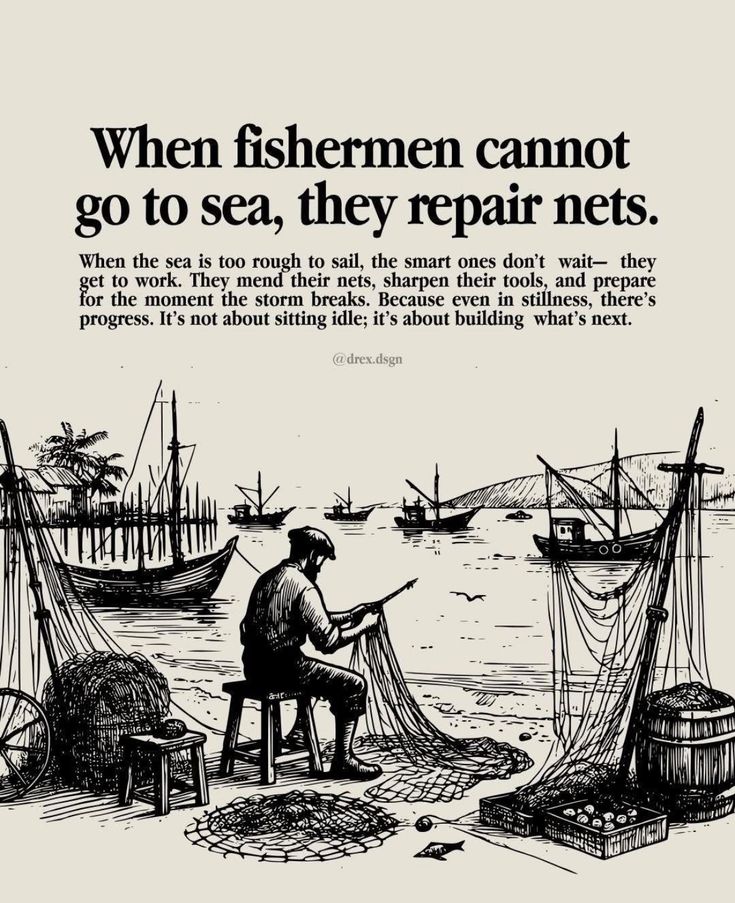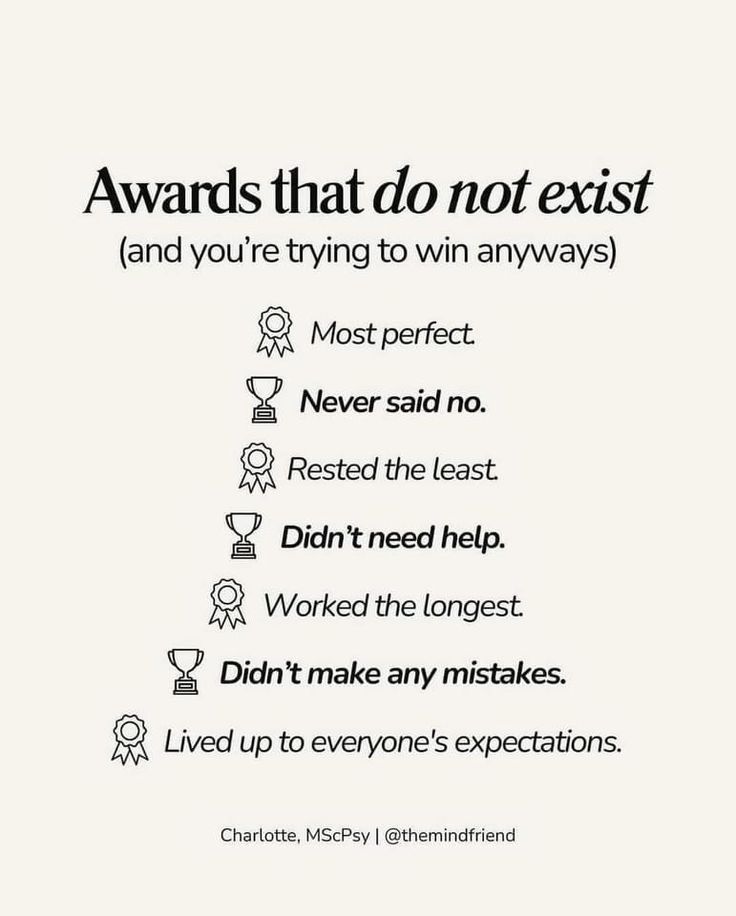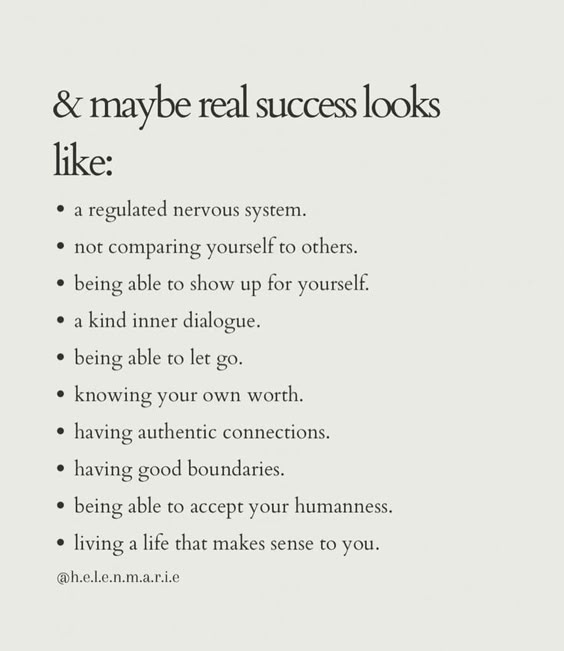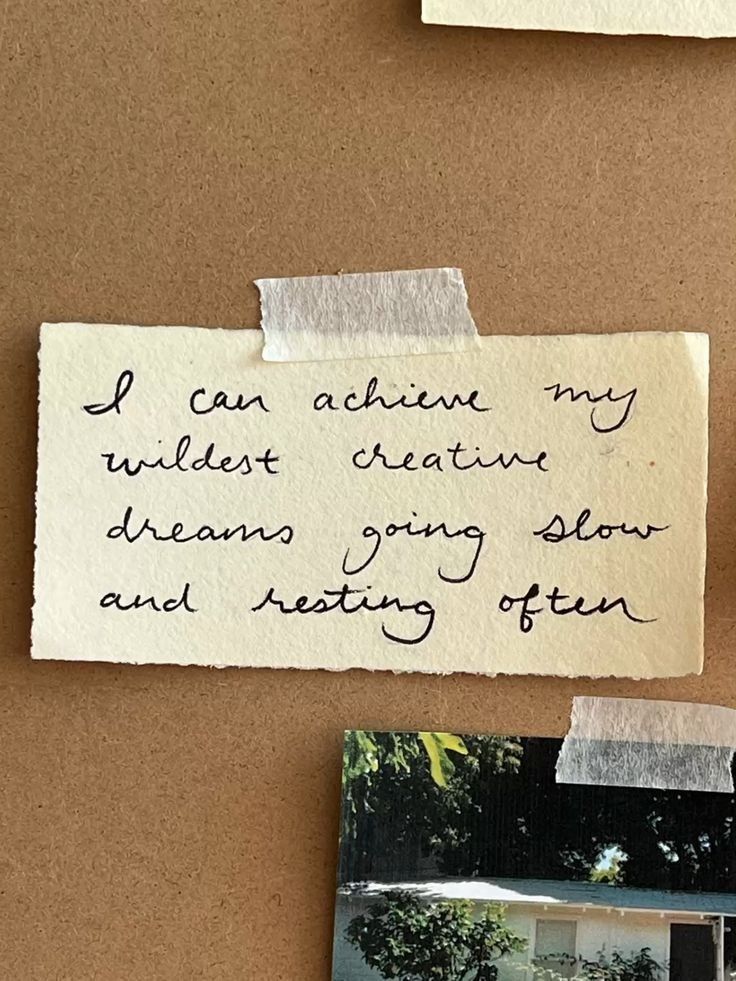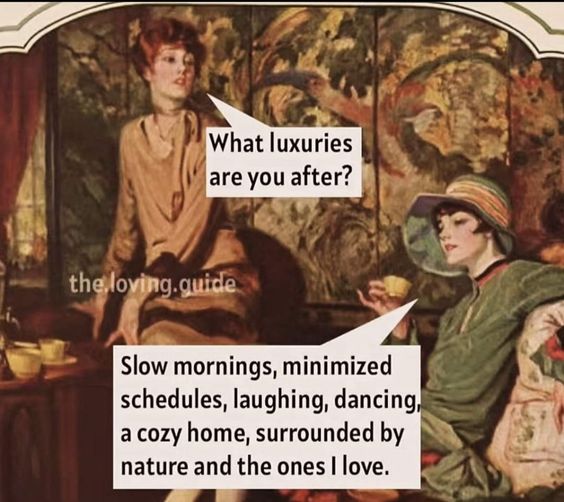“Dex was the best tea monk in Panga, if the chatter was to believed. They didn’t believe such hyperbole themself, and it’s not like anything about their work was a competition. But their tea was good. They knew this. They’d worked hard. They put their heart into it. Everywhere they went, they saw smiles, and Dex knew that it was their work—their work!—that brought those out. They brought people joy. They made people’s day. That was a tremendous thing, when you sat and thought about it. That should’ve been enough. That should’ve been more than enough. And yet, if they were completely honest, the thing they had come to look forward to most was not the smiles nor the gifts nor the sense of work done well, but the part that came after all of that. The part when they returned to their wagon, shut themself inside, and spent a few precious, shapeless hours entirely alone.”
Becky Chambers, A Psalm For The Wild-Built (Page 38)
“Precisely when we think we’ve earned the right to relax our discipline is exactly when we need it most. The payoff for all our efforts? So much more temptation. So many more distractions. So many more opportunities. The only solution? Even more self-mastery! Achieving things is great. Becoming a selfish jerk because you accomplished them? Thinking you’re suddenly better or matter more than anyone else? C’mon.”
Ryan Holiday, Discipline Is Destiny (Page 292)
“It’d be wonderful if power or success exempted us… from everything time-consuming, pedestrian, inconvenient, difficult. In practice, it obligates us to those things even more. It demands more of us. That’s just how it shakes out. Can you handle that? The leader shows up first and leaves last. The leader works hardest. The leader puts others before themselves. The leader takes the hit. Everything else is just semantics and titles.”
Ryan Holiday, Discipline Is Destiny (Page 255)
“Understand: Most of the people doing important work are people you’ve never heard of—they want it that way. Most happy people don’t need you to know how happy they are—they aren’t thinking about you at all. Everyone is going through something, but some people choose not to vomit their issues on everyone else. The strongest people are self-contained. They keep themselves in check. They keep their business where it belongs… their business.”
Ryan Holiday, Discipline Is Destiny (Page 207)
“Is it a little discouraging that we never seem to ‘arrive’? That our standards rise just out of reach of our abilities? Absolutely not! We move the goalposts so the game doesn’t get boring and, more important, so it never ends. Ultimately, this brings us more pleasure and more satisfaction. We reach heights we’d never have been able to see otherwise. Do you want to be rotting or ripening? Are you getting better? Because if you’re not… then you’re probably getting worse.”
Ryan Holiday, Discipline Is Destiny (Page 189)
“[Lou Gehrig] knew that getting comfortable was the enemy, and that success is an endless series of invitations to get comfortable. It’s easy to be disciplined when you have nothing. What about when you have everything? What about when you’re so talented that you can get away with not giving everything? The thing about Lou Gehrig is that he chose to be in control. This wasn’t discipline enforced from above or by the team. His temperance was an interior force, emanating from deep within his soul. He chose it, despite the sacrifices, despite the fact that others allowed themselves to forgo such penance and got away with it. Despite the face that it usually wasn’t recognized—not until long after he was gone anyway.”
Ryan Holiday, Discipline Is Destiny (Page 9)
“There is a part of us that celebrates, perhaps envies, those who let themselves get away with more, who hold themselves to lower standards—the rock stars, the famous, the wicked. It seems easier. It seems like more fun. It might even be the way to get ahead. Is that right? No, it is an illusion. Under closer inspection: No one has a harder time than the lazy. No one experiences more pain than the glutton. No success is shorter lived than the reckless and endlessly ambitious. Failing to realize your full potential is a terrible punishment. Greed moves the goalposts, preventing one from ever enjoying what one has. Even if the outside world celebrates them, on the inside there is only misery, self-loathing, and dependence.”
Ryan Holiday, Discipline Is Destiny (Page xxiii)
Discipline Is Destiny: The Power of Self-Control [Book]
![Discipline Is Destiny: The Power of Self-Control [Book] by Ryan Holiday Discipline Is Destiny: The Power of Self-Control [Book] by Ryan Holiday](https://movemequotes.com/wp-content/uploads/2024/12/Discipline-is-Destiny-by-Ryan-Holiday.jpg)
Book Overview: To master anything, one must first master themselves–one’s emotions, one’s thoughts, one’s actions. Eisenhower famously said that freedom is really the opportunity to practice self-discipline. Cicero called the virtue of temperance the polish of life. Without boundaries and restraint, we risk not only failing to meet our full potential and jeopardizing what we have achieved, but we ensure misery and shame. In a world of temptation and excess, this ancient idea is more urgent than ever.
In Discipline is Destiny, Holiday draws on the stories of historical figures we can emulate as pillars of self-discipline, including Lou Gehrig, Queen Elizabeth II, boxer Floyd Patterson, Marcus Aurelius and writer Toni Morrison, as well as the cautionary tales of Napoleon, F. Scott Fitzgerald and Babe Ruth. Through these engaging examples, Holiday teaches readers the power of self-discipline and balance, and cautions against the perils of extravagance and hedonism.
At the heart of Stoicism are four simple virtues: courage, temperance, justice, and wisdom. Everything else, the Stoics believed, flows from them. Discipline is Destiny will guide readers down the path to self-mastery, upon which all the other virtues depend. Discipline is predictive. You cannot succeed without it. And if you lose it, you cannot help but bring yourself failure and unhappiness.
9 Brian Tracy Quotes from No Excuses! and How To Lead A More Self-Disciplined Life
Excerpt: Living a self-disciplined life doesn’t have to be as hard as you think. Read these quotes from No Excuses! and learn how to make it easier…
Read More »9 Brian Tracy Quotes from No Excuses! and How To Lead A More Self-Disciplined Life
“We should all feel ownership of the history of our species and understand that the very specific genetic makeup that helped our ancestors succeed is still very much present in us. When we start regarding ourselves as born athletes and natural survivors, we’re in a better position to overcome the challenges of life and reach our peaks.”
Bert R. Mandelbaum, MD, via The Win Within (Page 19)
“Our minds are all we have. They are all we have ever had. And they are all we can offer others. This might not be obvious, especially when there are aspects of your life that seem in need of improvement—when your goals are unrealized, or you are struggling to find a career, or you have relationships that need repairing. But it’s the truth. Every experience you have ever had has been shaped by your mind. Every relationship is as good or as bad as it is because of the minds involved. If you are perpetually angry, depressed, confused, and unloving, or your attention is elsewhere, it won’t matter how successful you become or who is in your life—you won’t enjoy any of it.”
Sam Harris, Waking Up (Page 2)
